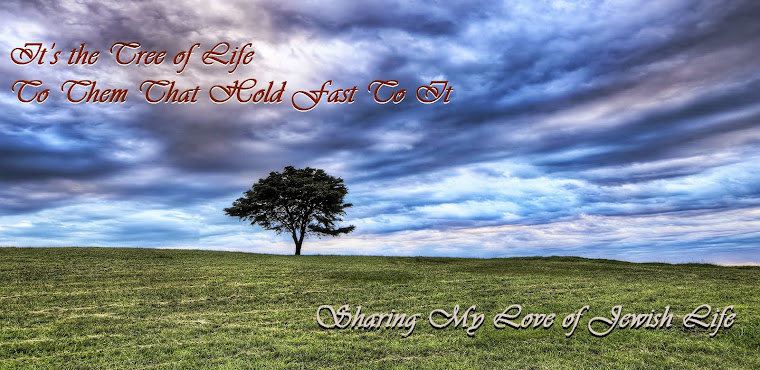Originally posted on Huffington Post.
Some Jews don't eat turkey, and they do so out of religious conviction. That does not, of course, mean that these Jews lack patriotic feelings or do not appreciate the great freedom that they enjoy in the United States of America. No, these Jews who don't eat turkey are worried about the bird itself.
While the Torah specifically identifies those features that make animals and fish kosher (chews cud and split hooves for animals, scales and fins for fish), it does not specify the identifying features of a kosher bird. Instead it states that one may eat "all the clean birds," and then lists only the birds which one may not eat (Deuteronomy 14:11-20).
This has created a problem because not all the birds identified in the Torah's prohibited list are known today. The Code of Jewish Law (Shulchan Aruch completed in 1563) therefore ruled that only those birds traditionally known to be eaten by Jewish communities were allowed. This included chicken and ducks.
The turkey, however, was not a traditional bird. Turkeys are indigenous to the "New World" and were not seen by European Jews until explorers brought them back from America. As turkeys became more common fare in the general European community, the rabbis began to receive questions about the bird's kosher status.
The turkey, which shares many similarities to other known kosher birds -- the nature of their stomach, the shape of their beak, the structure of their feet, and that they were not predatory -- was deemed kosher by almost all authorities.
Speaking of turkeys, did you know that the Hebrew word for turkey is "tar'negol hodu,"literally, an "Indian Rooster." It came by this name because turkeys are indigenous to North America, which the first explorers thought was actually part of India. The country of India is called Hodu in Hebrew, most commonly recognized from the opening lines ofMegillat Esther (Book of Esther, Purim), when King Achashverosh is depicted as ruling a kingdom that stretched "me'hodu v'ad kush" from India to Ethiopia.
"So what?" you might ask. Actually, this really might be one of life's weird coincidences, since there is another way to translate tar'negol hodu. Using the other meaning of the wordhodu--thanks, a turkey in Hebrew actually means a "rooster of thanks."
The phrase from Tehillim (Psalms) 118, Hodu LaHashem Ki Tov, is generally translated as, "Give thanks to God because He is good." However, the phrase may also be translated as, "Give thanks to God because it is good." Giving thanks to God is good for us!
Giving thanks is a natural and continual part of Jewish life. Indeed, the first words one is supposed to say upon waking in the morning is "Mo'deh ani li'fa'nech'ah melech chai v'kayam, she'heh'cheh'zarta bee nishmatee b'chemla--raba emuna'tehcha. I give thanks before You, living and eternal King, Who has returned my soul to me with compassion--abundant is Your faithfulness!" Daily, Jews thank God for the very fact of waking up in the morning.
Modeh Ani is about more than just religious devotion (although it is that). Modeh Anireminds a person that he/she must have, and demonstrate, hakarat hatov, appreciation of the good, throughout the day. It sets the tone for a day that should include thanking the person who held the door for an extra moment, acknowledging the driver who allowed others to merge, smiling in support at the police officers who protect the streets, etc.
The American celebration of Thanksgiving is a day that focuses on hakarat hatov. For many American Jews, it is one of the few holidays that can be celebrated as part of a national community because it is a day that does not have religious connotations. Some American Jews, however, really don't celebrate the day at all, and there are several reasons for this, although numerous religious authorities have maintained that there is no prohibition to enjoying a turkey dinner of Thanksgiving.
Thanksgiving is a unique holiday that reminds us, through the story of the first meal between the early European settlers and the native people of the land, of the great dreams upon which America was built. At the same time it is a day that is focused on hodu in general. Whether we choose to focus on the turkey or thanking God and those around us, is a choice we each make.
